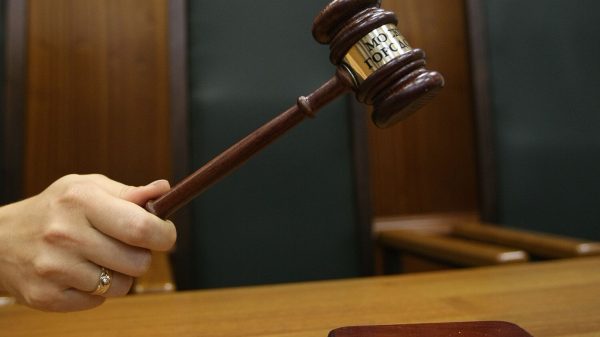Sign up for the Guardian Today US newsletter
A new bill introduced in the California state senate on Wednesday would ban all fracking near schools and homes by 1 January 2022 and in the entire state by 2027.
Hydraulic fracturing, or fracking, is a technique used to extract huge amounts of oil and gas from shale rock deep underground. It involves injecting high-pressure mixtures of water, sand or gravel and chemicals into rock. Environmental groups say the chemicals threaten water supplies and public health.
The bill introduced by the senators Scott Wiener and Monique Limón would halt new fracking permits and the renewal of current ones on 1 January 2022, in addition to banning new oil and gas production within 2,500ft (762 meters) of any home, school, healthcare facility or long-term care institution, such as dormitories or prisons. It would outlaw all fracking in the state by 1 January 2027, along with three other oil extraction methods: acid well stimulation treatments, cyclic steaming and water and steam flooding.
‘Tired of being the canary in the mine’: pressure grows to push oil and gas wells away from homes
Read more
California has been a leader in combating the climate crisis, with a law in place requiring the state use 100% renewable energy by 2045.
In 2019, Gavin Newsom, the state’s governor, halted new fracking permits and fired the state’s top oil and gas regulator after a report showed a 35% increase in new wells. That moratorium ended last April after an independent, scientific review of California’s permitting process.
The Democratic governor in September called on lawmakers to ban fracking by 2024 as he ordered regulators to begin preparations to prohibit the sale of all new gasoline-powered passenger vehicles by 2035.
But the proposal is likely to be one of the most contentious fights in the state legislature this year. The state’s influential oil and gas industry generated $152.3bn in economic output in 2017, which generated about $21.5bn in state and local taxes.
Wiener on Wednesday called the climate crisis an “existential threat to our community”.
“We have no time to waste, and California must lead on climate action, including transitioning to a 100% clean energy economy,” he said.
“If there’s not a bill, there’s not a conversation,” said Limón, “and it is necessary to have these conversations at the state level about environmental impacts and public health as oil production continues near our homes and schools. This bill continues robust policy conversations on fossil fuels and alternative energy production that have been going on for decades.”





















































Свежие комментарии